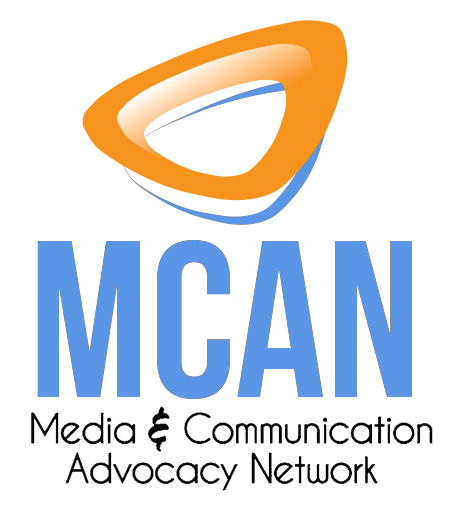Five hundred female head porters, popularly referred to as ‘kayayei’, operating in the Central Business District of Accra have been registered onto the National Health Insurance Scheme (NHIS) free of charge. The head porters are beneficiaries of a ‘Kayayei Assistance Project’, lasting June to November, primarily to mitigate the effect of COVID-19 on the kayayei who are a vulnerable group because of their situation. The project, being implemented by the United Nations Population Fund (UNFPA), also involves the distribution of food supplies to cater for their nutritional needs, twice a month, essential items in the form of dignity kits every month, reproductive health commodities and providing access to basic healthcare services, personal development training and mentoring, to improve the lives and standards of living of the Kayayei.
Country’s vulnerable
Being the most vulnerable of the country’s population, the Kayayei were the most adversely affected by the COVID-19 pandemic, owing to the fact that in the absence of such disease outbreaks, life is already difficult for them and they face varying inequalities. In addition, due to the pandemic, patronage of their services has been low, as people restrict a person to person contact. This situation, coupled with their living conditions, makes them susceptible to numerous unhealthy and unsafe circumstances such as sexual and gender-based violence, HIV and other sexually transmitted infections (STIs), physical assault and mental abuse.
Social Intervention
The six-months social intervention project aims at addressing the nutritional, health and safety needs of the Kayayei, thereby cushioning the impact of poverty, bring a good measure of relief to the Kayayei and provide access to basic health services while helping to reduce the incidence of sexual and gender-based violence, unplanned pregnancies and sexually transmitted infections among them.

According to the UNFPA Resident Representative, Mr. Niyi Ojuolape, the Kayayei Assistance Project, has been designed to ensure that vulnerable women and girls are given the tools to reduce the risk of sexual and gender-based violence. “It is also to improve their sexual and reproductive health and ultimately enhance their abilities to reach their full potential,” he added.
Project beneficial
One of the kayayei, Ms. Hawawu Osman, 33, from Nalerigu in the Northern Region, said the project had been beneficial. “We are, particularly, grateful for the free NHIS registration. We can now go to the hospital when we are sick. Many of us used to travel back to the north to treat our illnesses because we could not afford to pay for health.” “Aside from the free NHIS registration, we were supplied with nose masks, hand sanitizer and sanitary kits containing bathing/ laundry soap, towel, toothbrush, toothpaste, sanitary pads, pomade, toilet roll and underwear.
“We also receive food supplies comprising rice, cooking oil, beans, canned fish and canned tomatoes,” Ms. Osman excitedly said. Ms. Assana Musah, from Walewale in the Northern Region, also, expressed her appreciation to UNFPA for the project. She expressed the hope that the support to the kayayei would continue to give them the opportunity to lead a more dignified life.
Vocational skills
As part of the project, the Kayayei have also benefited from a weekly education on their reproductive health, menstrual hygiene, how to access reproductive health services and how to manage their finances. Starting in September they will be equipped with vocational skills, financial literacy and also go through mentorship and personal development training as well as other entrepreneurial activities and income-earning vocations to improve their standard of living.
By Rosemary Ardayfio
GNA

